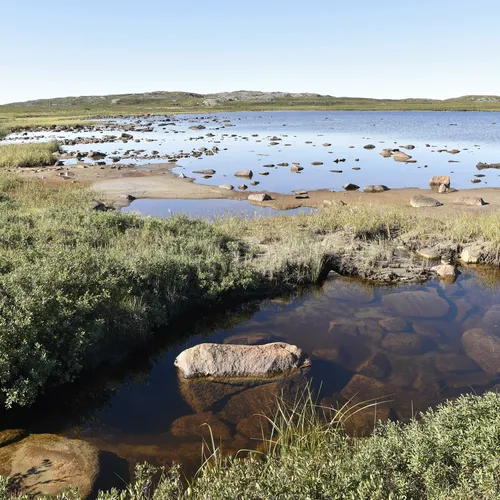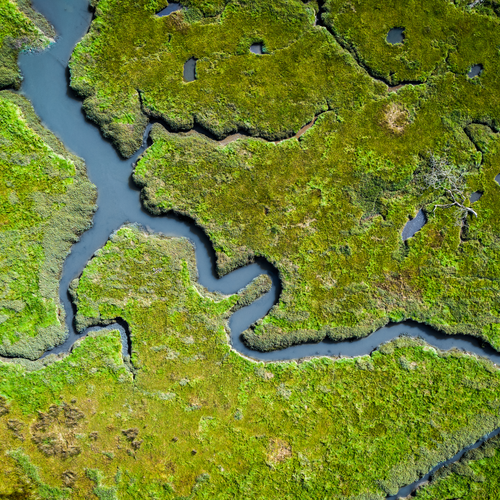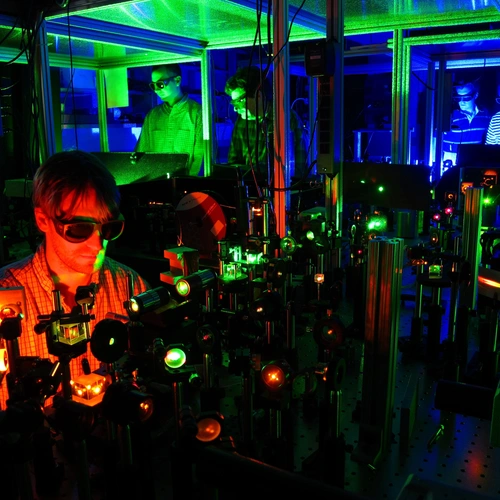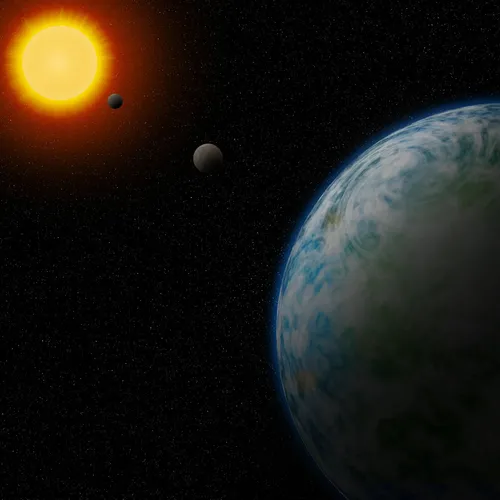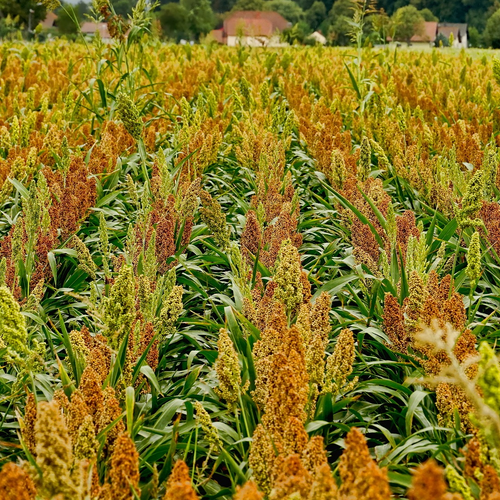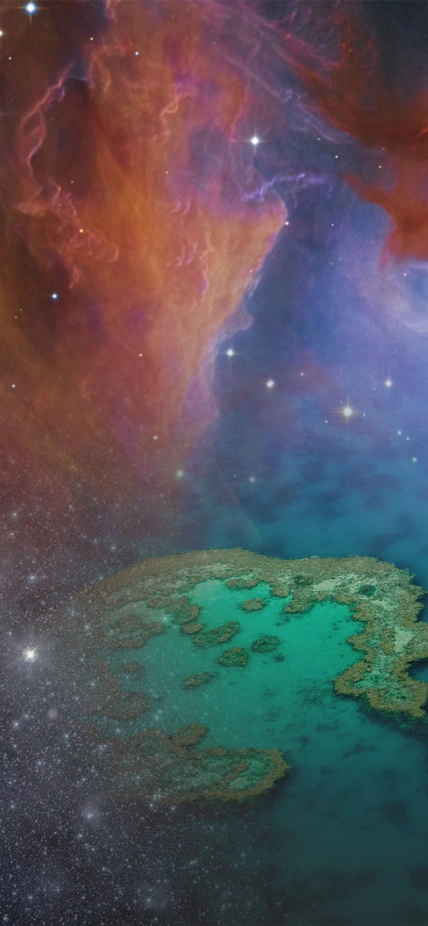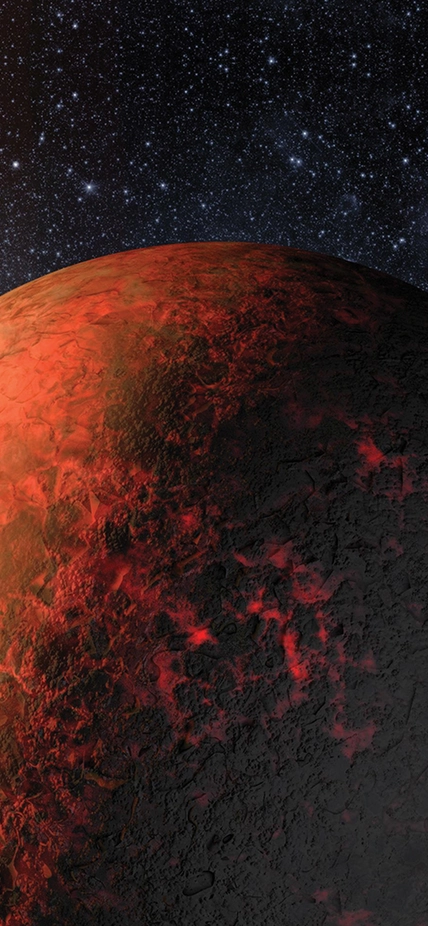Our Research Areas
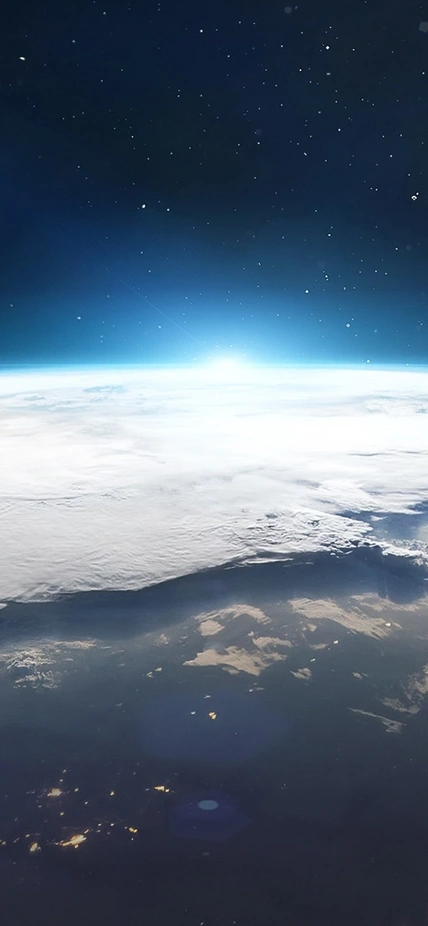
From genomes to ecosystems and from planets to the cosmos, Carnegie Science is an incubator for cutting-edge, interdisciplinary research that is expanding our knowledge of all that is around us.
Astronomy represents humanity’s scientific quest to discover the origins and evolution of the cosmos.
Our Earth scientists explore the physics and chemistry of planetary materials.
Our ecologists research how human activity is impacting our planet’s dynamic systems.
Our researchers are revealing processes that shape both human health and ecosystem resilience.
We use sophisticated laboratory techniques to mimic the depths of our own and other planets.
Our scientists have been looking for and discovering exoplanets since the field's inception.
Plant science will be crucial for solving many of society’s most-pressing demands in a changing climate.
Key Projects
From revealing fundamental physics underpinning the cosmos to advancing our ability to study the atmospheres of distant worlds, the Giant Magellan Telescope, which is under construction at Carnegie's Las Campanas Observatory in Chile, stands poised to provide insights into some of humanity's biggest questions and ring in a renaissance of ground-based astronomy.
Learn MoreCarnegie Science astrophysicists and planetary scientists continue to showcase their creativity and propensity for bold research ideas using JWST. Over three cycles of telescope-time allocation, 13 projects headed up by Carnegie-affiliated astronomers have been selected to use JWST to study objects ranging from exoplanet atmospheres to the earliest generations of stars and galaxies.
Learn More
